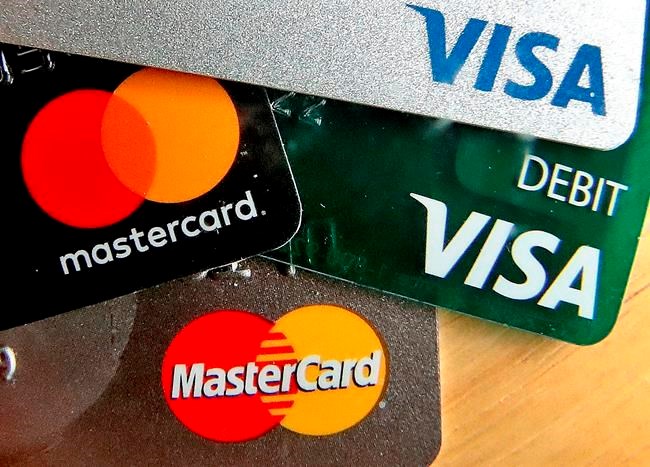WASHINGTON — The pandemic still has Americans easing off the plastic.
U.S. consumer borrowing rose in June after three months of declines but the key category of credit card debt extended its decline.
The Federal Reserve reported Friday that overall consumer borrowing rose by 2.6%, or $8.95 billion, in June after big declines in March, April and May as many parts of the country went into lockdown to combat the coronavirus.
In June, the category of borrowing that covers credit cards fell for a fourth month, dropping by $2.3 billion, or 2.8%. That was offset by an increase in the category that covers auto loans and student loans, which increased by $11.3 billion, or 4.3%.
Consumer borrowing is closely watched for signals it can send about consumers' willingness to keep borrowing to support their spending, which accounts for 70% of U.S. economic activity.
The overall economy, as measured by the gross domestic product, plunged at a record-shattering annual rate of 32.9% in the April-June quarter. The Trump administration is hoping for a big gain in the current July-September quarter to show voters going to the polls in November that the economy is coming back from a deep recession.
However, many private economists are worried that a resurgence in virus cases may cause consumers to grow fearful and cutback on their spending. Also, Democrats in Congress and the White House have so far been unable to resolve differences on another round of relief spending.
That impasse has caused the loss of the $600 extra weekly payments in unemployment benefits that has been a big factor in helping the economy to recover. Both the White House and Democrats are still talking and it is possible that a deal can still be reached.
Overall consumer debt fell by $20.8 billion in March, $65.3 billion in April, and $14.4 billion in May before rising by $8.95 billion in June.
The various changes left consumer debt as measured by the Fed's monthly report at $4.12 trillion in June.
The Fed report does not cover mortgage debt or any other loans secured by real estate such as home equity loans.
Martin Crutsinger, The Associated Press




